I am iteratively solving this implicit equation

using fsolve within a for loop over a range of values of the independent variable, V.
I also want to vary I_L and run the for loop over each value and generate an individual text files.
I know how to use the open and write text files, what I'm struggling with is setting loops up correctly to output what I want.
I have coded a simpler example below to allow for ease of understanding since it's just the loops I'm stuck on.
import numpy as np
from scipy.optimize import fsolve
import scipy.constants as sc
x = np.linspace(-1, 1, 1001)
C_vary = [0, 1, 2, 3]
def equation(y, x, C):
return C - np.exp(x+y) - y
for C in C_vary:
y = []
Solve equation at each value of C_vary and output y values to new list of
results